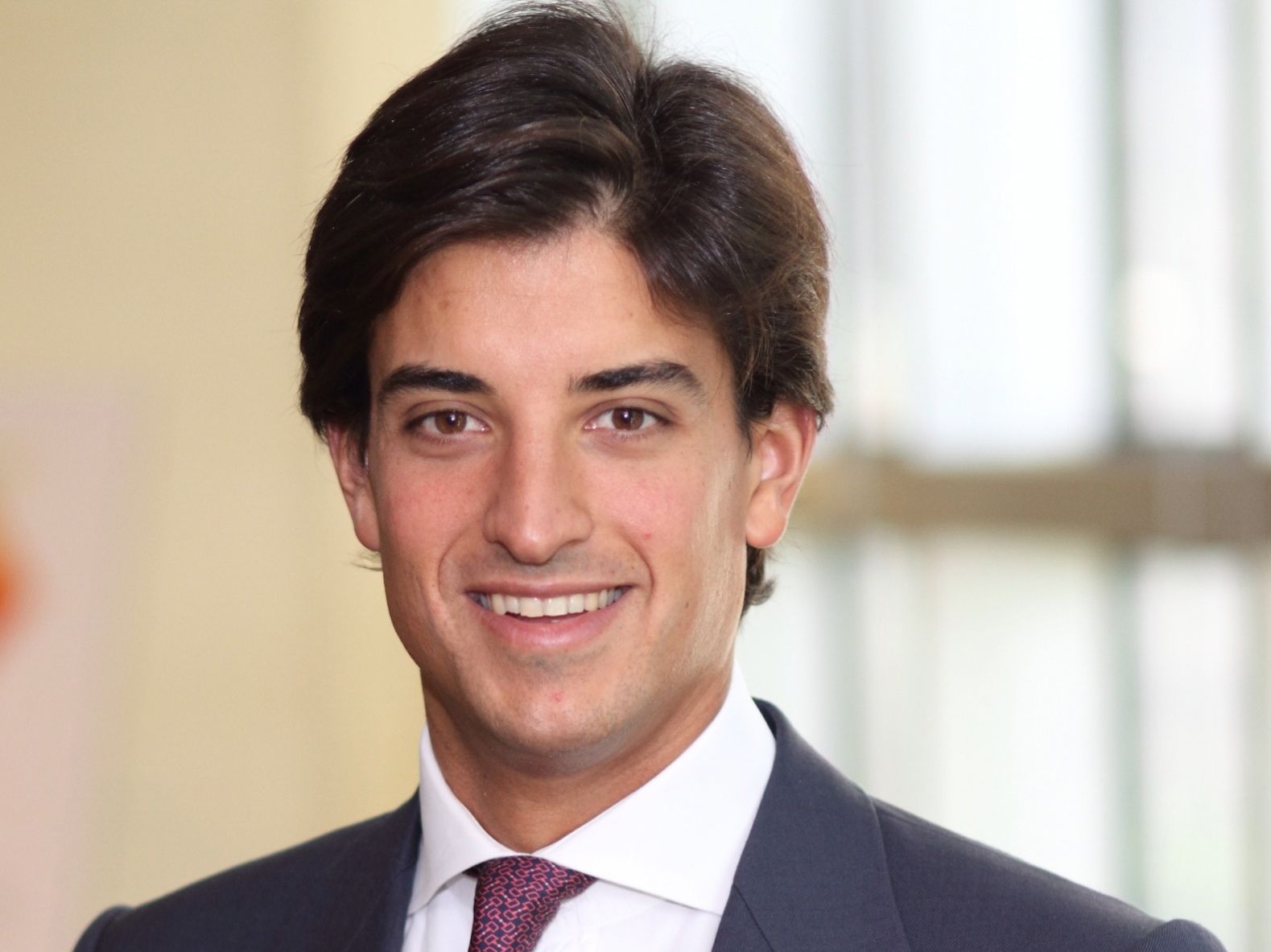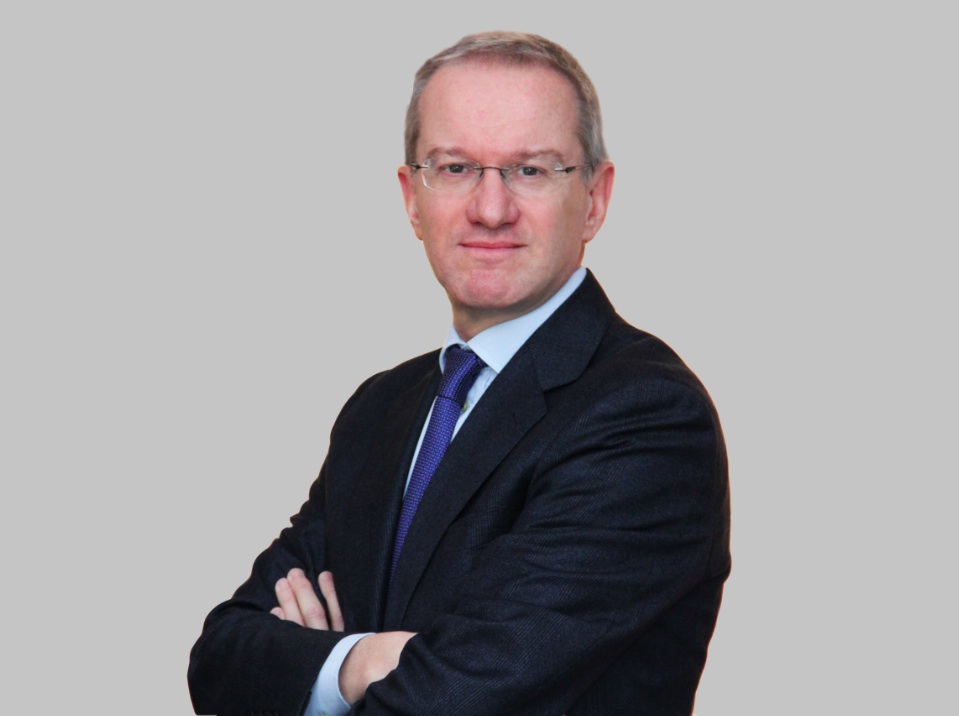Six Reasons Why US Capital Expenditure is on The Rise
| By Elena Santiso | 0 Comentarios

In the United States, capital expenditure is lagging the economy as a whole. Some think this is the ‘new normal’. But Robeco’s strategist Peter van der Welle believes there is a strong case for a rebound in investments later this year.
Why investment activity in the US has been subdued
Capital expenditure has been disappointing in recent years. Corporates drastically reduced investments to cut costs following the sharp economic contraction in 2008. On the political front, gridlock on the fiscal situation and ‘Obamacare’ eroded confidence.
The decline in stock prices in 2007-2009 meant that firms that wanted to expand could buy up other companies cheaply and did not need to invest directly in capital goods. In terms of funding, tighter bank lending standards on commercial and industrial loans have also made it more difficult for companies to borrow.
Why investment activity in the US may rebound later this year
It will probably come as no surprise that US investment as a percentage of GDP is still well below historical levels. This situation has spurred an investor debate. Is what we are now facing the ‘new normal’ or just a cyclical trough?
“No”, says Robeco’s strategist Peter van der Welle. “Recent developments in the US economy suggest the tide for capital spending will turn. However, last year, more favorable conditions failed to spur investment growth and market analysts forecasting a pick-up in capital expenditure in 2013 were proven wrong.”
“A combination of pull and push variables could turn the tide for capex”
According to Van der Welle this demonstrates that improvements in one area alone are not enough to trigger the ‘capex call’. A broad-based momentum in the key factors that determine the investment case is required. “We identify a combination of pull and push variables that could turn the tide for capital spending”, says Van der Welle.
- Business outlook has gained momentum to spur investments. Economic uncertainty surrounding the US recovery has decreased. Leading indicators have been positive for investment activity for quite a while now. Consumers have deleveraged, US banks have relaxed their lending standards and there is now stronger demand for loans from the industrial sector.
- US industrial renaissance could ignite multiplier effects for investment. Growth in strong economic sectors could start a ripple effect, leading to better free cash flow and earnings profiles for related sectors. A good example is shale gas, where abundant supply has caused domestic gas prices to decline and has strongly improved the business case for gas-related industries. The current ongoing industrial renaissance in the US will pave the way for innovation, spurring investment.
- Political and economic uncertainty has abated. The gridlock in Congress is over with the Republicans receiving the lion’s share of the blame for the partial government shutdown last November. The hardline Republican stance on fiscal tightening and attacks on ‘Obamacare’ will soften ahead of Congressional elections later this year.
- Aging capital stock creates pressure for replacement investments. A push factor for heightened investment activity is aging capital stock. Equipment has not been this old since 1995 and some intellectual-property products date back to the eighties. The delay in replacing buildings and machines will be reversed as higher output levels will become increasingly difficult to achieve with the existing capital stock.
- Efficiency gains from existing capital stock are diminishing. The increased efficiency achieved by squeezing the remaining potential out of existing capital stock is diminishing. Businesses will probably need to engage in productivity enhancing capital expenditure, if they are to maintain efficiency advantages. Besides the need to upgrade quality, more capital stock is also required, given that industrial capacity utilization rates in the US have risen above their cyclical average.
- More investor pressure for capex. Investors are increasingly encouraging corporate management to pursue growth opportunities. This could encourage firms to increase M&A or stimulate organic growth through direct capital spending on equipment, software and intellectual property rights.
Van der Welle: “Although political developments and healthy corporate balance sheets are important, a broader range of positive conditions are required to trigger a ‘capex call’. Based on these six arguments, we think a rebound later this year is likely and that the lackluster US capital expenditure of the last five years is not a prelude to the ‘new normal’.”









